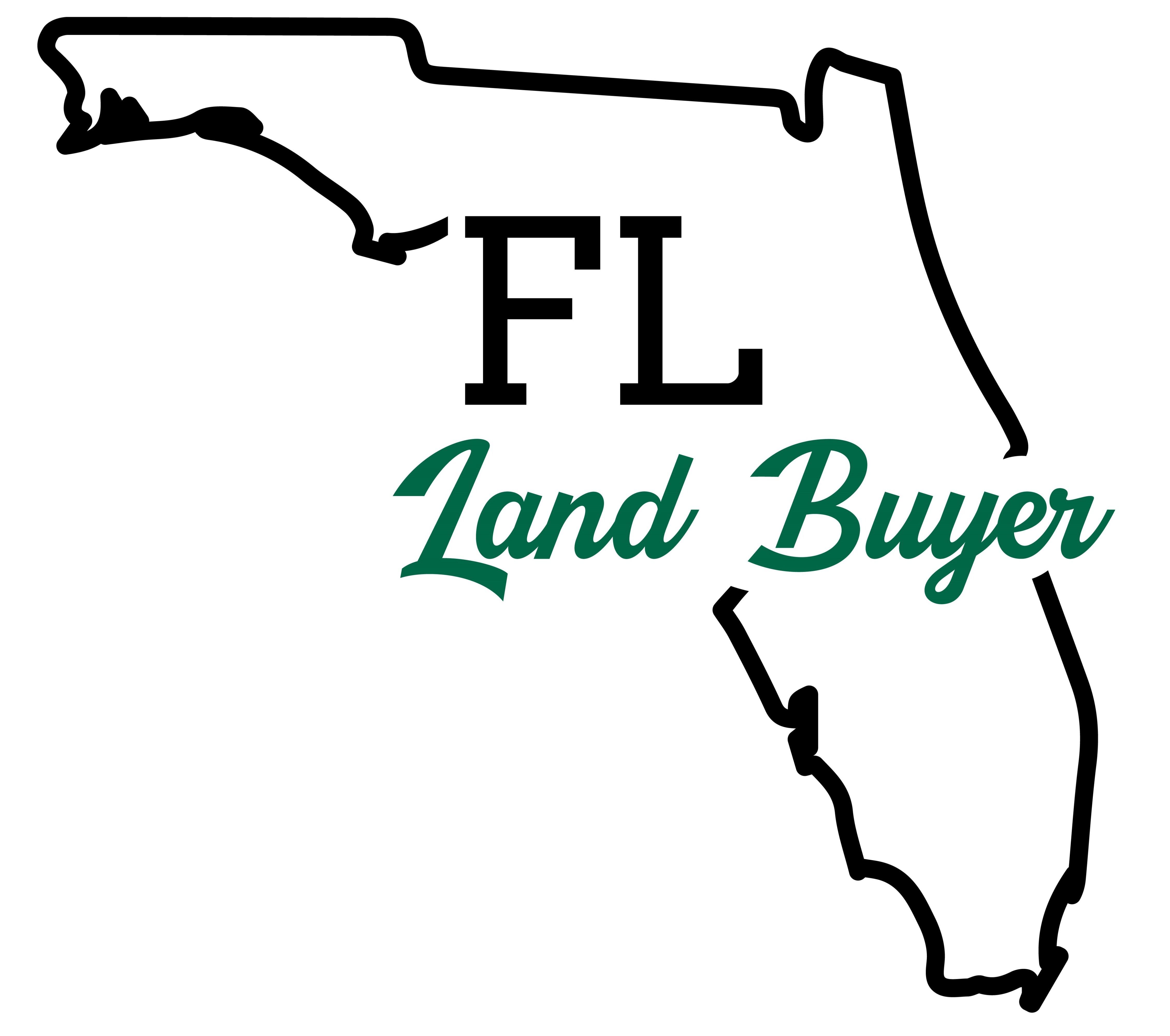Owning vacant land in Florida might seem like a low-maintenance investment, but holding onto it for too long without a clear strategy can lead to significant financial losses. Here are five ways your vacant land could be costing you more than you realize. Call FL Land Buyer at (239) 399-5800 to discuss the ways holding onto vacant land is costing you.
1. Ongoing Property Taxes
One of the most apparent costs of owning vacant land in Florida is property taxes. Unlike other investments that may generate income to cover their costs, vacant land does not produce revenue while still incurring yearly property taxes. Over time, these taxes can accumulate, especially if the land’s value increases, leading to higher tax bills. This ongoing expense affects your bottom line, especially if you have no immediate plans to develop or sell the property.
2. Maintenance and Upkeep
While vacant land might not seem like it requires much maintenance, there are still necessary upkeep tasks to consider. This can include mowing to comply with local ordinances, managing invasive species, or addressing issues like illegal dumping. These tasks are not only time-consuming but can also become costly, particularly for larger parcels or properties in remote locations.
3. Lost Opportunity Costs
Holding onto vacant land also comes with opportunity costs. The money tied up in the land could be invested elsewhere, generating income or appreciating. By keeping your funds locked in a non-performing asset, you’re missing out on potential profitable investments. Additionally, as the real estate market fluctuates, the value of your land may not appreciate as quickly as other investment opportunities.
4. Market Risk and Depreciation
Real estate markets are subject to cycles of boom and bust, and vacant land is no exception. Depending on economic factors, the demand for land can significantly vary, impacting its value. In some cases, land values may decrease due to changes in zoning laws, environmental regulations, or shifts in market demand. Holding onto land during a market downturn can result in financial losses if the land’s value decreases below your purchase price.
5. Insurance Costs
Although vacant land typically incurs lower insurance costs than developed properties, there’s still a need for liability insurance to protect against potential lawsuits. If someone is injured on your property, you could be held liable. Insurance is a necessary expense to safeguard against unforeseen events, adding to the cost of holding onto vacant land.
Conclusion
While owning vacant land in Florida offers the potential for long-term gains, it’s important to be aware of the costs involved in holding onto such properties. Property taxes, maintenance expenses, opportunity costs, market risk, and insurance premiums can all diminish the attractiveness of this investment if not carefully managed. Landowners should evaluate their holding strategy and consider whether developing, selling, or continuing to hold the land aligns best with their financial goals.
For those considering selling their vacant land, it may be wise to assess the current market conditions and explore options. Selling could free up capital for other investments and eliminate the ongoing costs associated with land ownership.
Understanding the true cost of holding onto vacant land is crucial for making informed decisions about your real estate investments. By considering these factors, you can better determine the most profitable course of action for your property in Florida.

